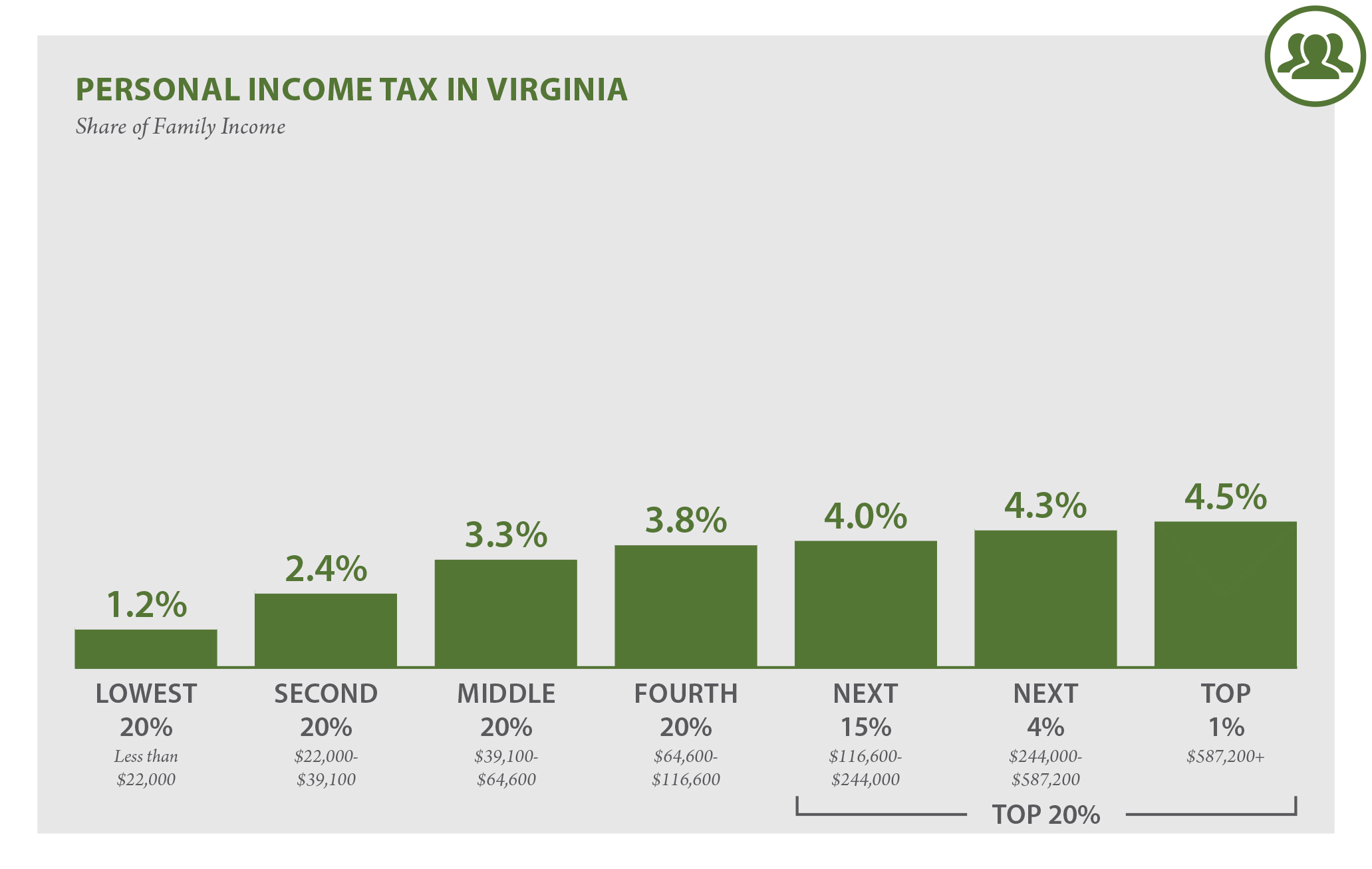Virginia Personal Income Tax Rate: What You Need to Know
Are you a resident of Virginia? Are you wondering how much you will be paying in personal income taxes? Understanding the Virginia personal income tax rate is crucial for anyone living and working in the state. In this article, we will break down everything you need to know about the personal income tax rate in Virginia, including how it is calculated, deductions and credits, and frequently asked questions.
**How is the Virginia Personal Income Tax Rate Calculated?**
The Virginia personal income tax rate is calculated based on a progressive tax system. This means that the tax rate increases as your income increases. The tax brackets for Virginia range from 2% to 5.75%. Here is a breakdown of the tax brackets for the 2021 tax year:
– 2% for income up to $3,000
– 3% for income between $3,001 and $5,000
– 5% for income between $5,001 and $17,000
– 5.75% for income over $17,000
It’s important to note that these brackets are subject to change, so it’s always a good idea to check with the Virginia Department of Taxation or consult a tax professional for the most up-to-date information.
**Deductions and Credits**
In addition to the tax brackets, Virginia also offers various deductions and credits that can help reduce your overall tax liability. Here are some common deductions and credits available:
– Standard Deduction: For the 2021 tax year, the standard deduction for individuals is $4,500 and $9,000 for married couples filing jointly.
– Itemized Deductions: Virginia allows taxpayers to claim itemized deductions if they exceed the standard deduction. These can include expenses such as mortgage interest, property taxes, charitable contributions, and medical expenses.
– Virginia Earned Income Tax Credit: This credit is available for low-income individuals and families and is based on the federal Earned Income Tax Credit (EITC). The amount of the credit varies depending on income and the number of qualifying children.
– Virginia Education Improvement Scholarships Tax Credit: This credit is available for individuals and businesses that contribute to certain scholarship programs. The credit is equal to 65% of the donation and can be used to offset personal income tax liability.
It’s important to review the Virginia Department of Taxation website or consult a tax professional to understand all the available deductions and credits and determine which ones you may qualify for.
**Frequently Asked Questions**
Frequently Asked Questions
Now, let’s address some common questions about the Virginia personal income tax rate:
1. When are Virginia personal income taxes due?
Virginia personal income taxes are due on May 1st for calendar year taxpayers. If May 1st falls on a weekend or holiday, the deadline is extended to the next business day.
2. Can I file my Virginia personal income taxes online?
Yes, Virginia offers an online filing system called “Virginia Tax Online” where you can file your personal income taxes electronically. This is a convenient and secure option for many taxpayers.
3. What happens if I can’t pay my Virginia personal income taxes in full?
If you are unable to pay your Virginia personal income taxes in full, it’s important to still file your return on time to avoid penalties for late filing. You can also contact the Virginia Department of Taxation to discuss payment options, such as setting up a payment plan.
4. Are Social Security benefits taxable in Virginia?
Virginia does not tax Social Security benefits. Therefore, you do not need to include your Social Security benefits as taxable income on your Virginia state tax return.
5. Can I deduct my federal income taxes paid on my Virginia state tax return?
No, you cannot deduct your federal income taxes paid on your Virginia state tax return. However, you may be eligible for certain federal tax deductions and credits that can reduce your federal tax liability.
**Final Thoughts**
Understanding the Virginia personal income tax rate is essential for residents of the state. By knowing how the tax rate is calculated, as well as the deductions and credits available, you can better plan and manage your finances. It’s always a good idea to consult a tax professional or review the Virginia Department of Taxation website for the most up-to-date information and to ensure you are taking full advantage of all available tax benefits. So, be proactive, stay informed, and file your Virginia personal income taxes with confidence.
